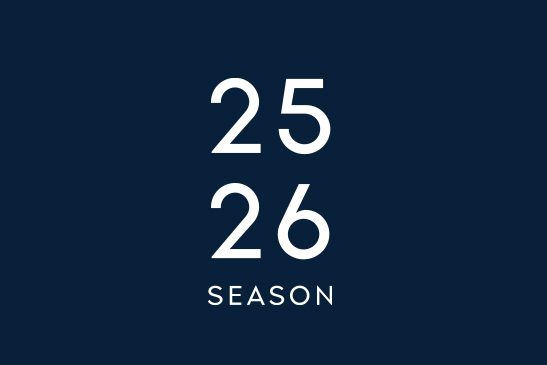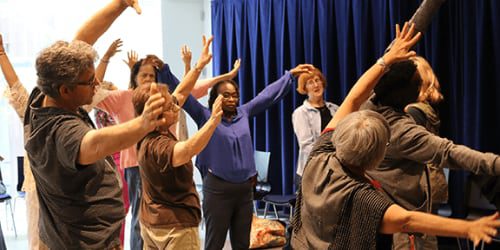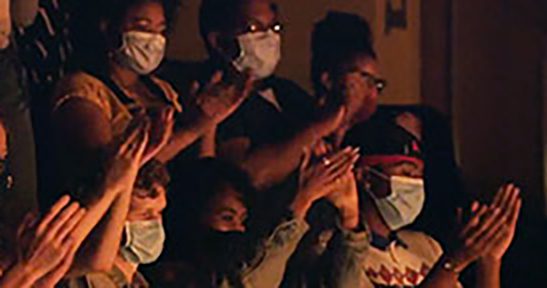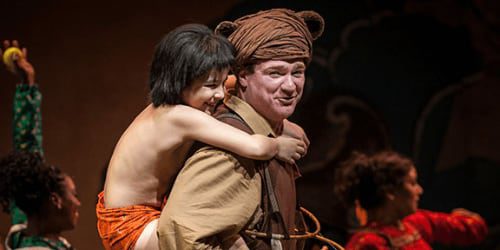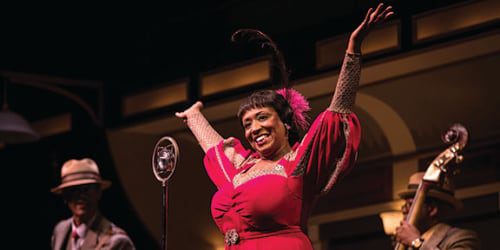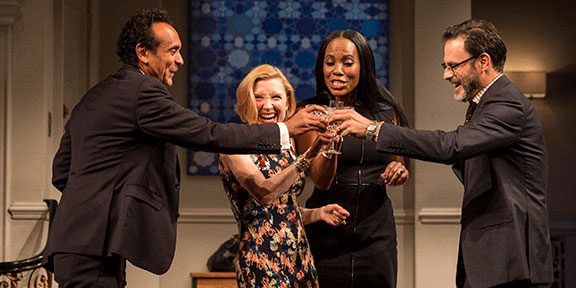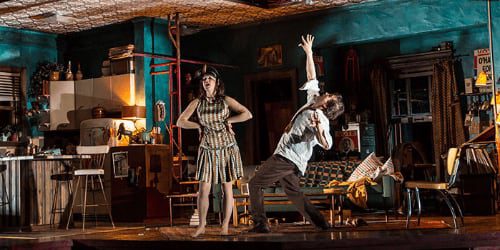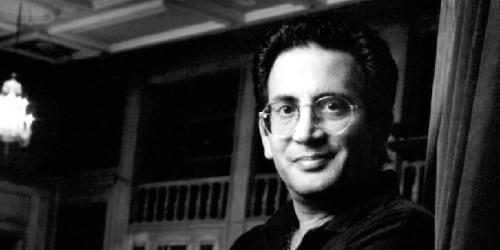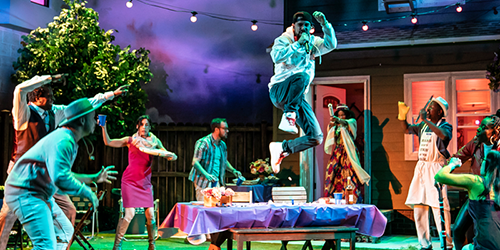Caregiving
By Rachel Clare Singh
Caregiver
My two-year-old is now a five-year-old who flings his arms around my neck and kisses my cheek the same way he always has. Three years of him growing up, and he is yet full of youth. Three years it has been my job to watch him. Three years that he has spent under my guardian’s eye, his curious ones turned up to meet me, watching me too. I dislike being watched by men, but see these three pairs of eyes, these three smiles of my children, all missing some teeth! What beautiful boyhood, blissfully hugging me through the arms of my children, holding me so tightly that I finally rest, forgetting to look ahead toward the future. It is so easy to ignore the remainder of the world when a joyful child is hugging you, so easy to willingly release the memories and fears that grown men have branded on bodies in which they do not belong. The day that truth sank in, I recall suddenly stooping beneath its weight now laden upon my back: I am an example for three boys. I am raising future men.
Our story begins when a boy stumbles onto the scene as he runs from a monster, desperately yelling for help.
What else can I do when a child cries for a protector? I protect him.
The boy’s yells are not in vain, for three ladies appear, all flashing silver javelins, attacking the monster that attacked the boy. I am one lady protecting three boys, but I like the odds in the story better.
How is it that future men who run from monsters, who scream at the sight of something scary and cling to you like a buoy, how can they become present men who are the monsters?
Three beautiful boys- three beautiful future men- gaze at me with upturned faces and mischievous, impish grins, up to the sort of childhood no-good that is truly so very good. When did I turn from
child to parent? I do not know this role. I do not know this path; my journey does not end with my single step out from the lying mouth of the cave. How do I teach the next generation of men to evolve into heroes, not monsters?
I pull out my score of The Magic Flute.
Hey kiddos, did I ever tell you about the Top Secret Good Guys Club? It really exists!
I have their attention. The oldest sees my sheet music and groans. No, no! This is so I can show you the secret code!
Now I really have their attention. Too bad I do not have an existing curriculum on Freemasonry for Five-Year-Olds. All I can do is tell a story. So I do.
Okay: good guys want to be friends with other good guys, right? Well, hundreds of years ago, they formed a secret club: good guys only, and the goal was to help each other be even BETTER guys. But only good guys could get in, so they had to be careful about who they told about the club. Do you know how they did it?
I point to “Dies Bildnis” – “This Image”- the aria where Prince Tamino cradles his princess in his hand, his heart held captive by a face held captive in a portrait of a woman held captive by a sorcerer. See all those groups of three? They had secret knocks at the door! These notes tell you what it is. But before I can tell you what it sounds like, I need to know that you are actually good guys. I smile at the three solemn nods. And you’ll try to be better guys? My grin sneaks a little wider.
It sounds like this. Knock-knock. Knock. And you repeat this pattern three times. Instantly, they’re testing their knocks on the floor. But girls have a different pattern! I turn the page to the Queen’s music, “O zittre nicht,” where she is introduced by the earth itself quaking in its boots. Knock. Knock-knock. Knock�knock. Ours has five knocks. See all the groupings of five? How many notes are in this box? The oldest counts
the notes in the first measure. Five!
I laugh. So, get this: the guy who wrote this show, The Magic Flute, he was in the good guys’ club! Anyone could go to the show and watch it and hear the story, but only the ones who had pledged to always try to be better people would understand the code. Kinda cool, huh? And guess what, one of the other guys who had been in the club for a while took some of the new members to the show for a field trip! I smile at the image my brain swirls into being before me: Johann Wolfgang von Goethe leading a gaggle of freemason initiates into a showing of The Magic Flute, the young men like single-file kindergartners holding onto a rope as they follow their leader. The greatest writer in all of Germany tells the man-children to pay attention to what the other mason with “Wolfgang” in his name had to say, as if it’s an adult-sized hidden pictures. It dawns on me that Goethe was trying to raise good future men, too. But we cannot choose to be better for them; they must want to be.
We sing the stories of heroes and serpents, mothers and lovers, of missions and admissions and long�awaited permissions to stretch our idle voices into sound. We sing the stories in the hope that they might be the magic protecting us. We sing the stories as the map guiding our search for the door where innocent boyhood ends at the threshold, and the other side greets equally virtuous men.
Caregiven
I think I was a child once.
Was my childhood spent sitting beneath my cypress tree, my herald of death? Was my childhood spent beneath unyielding night? I do not remember. Perhaps my eyes had adjusted to the dark.
I must have grown in the night, thieving what little light I could snatch from the stars, watering myself in the shadow of the cypress by gathering its death dew. I do not know how long I was there; it is hard to distinguish night from night.
Was I brave to leave the safety of the shadows? I’ll never know. I was stolen by a man who thought he knew what was best for me. I do not wish to talk about how I left the darkness. All that matters is that one day, there was light, and it certainly was not an act by God that commanded it to be there.
My mother was furious. She wanted me back. There are no words for the reckless hope that someone else in this world is fighting on your behalf. Surely, I thought, my mother will come for me. Surely, she loves me.
There are no words for the understanding that your mother misses her control of you more than she misses you. It was all spelled out, but there was no word that resulted; at least, none I could make sense of. There is nothing to say when the mother you love never fought for you and never intended to, that her anger comes from her own failure in letting her daughter fall into the clutches of all that she stands against. There are no words when you are reduced to something inanimate, no actions, no person independent of what your mother allowed you the room to be. After all, when a daughter is forcibly torn away from all she has known, the person most affected must of course be her mother, looking on from the familiarity of her castle. Let us tend to mother indignant, not mother distraught, and certainly not child suffering.
One day, I faced her knowing it would wound her, knowing the sorrow she would present would merely be a mask for the insult within, knowing she would treat my independence as her own failure. What was she raising me for if not for me to someday walk on my own?
Mother, this is what I find to be moral.
You are wrong. Do away with it.
That was the twist of the knife, carving the space out of my heart where I once felt the safest, except now I was holding the dagger and this was somehow my fault. My own mother, so easily trading me to protect her ideology, tipping my hand toward abandoning my virtues so that I may belong to her once again. She, so willing to deny me as she cried three times for heaven to hear her, and yet I was the one charged with proving my loyalty; should I fail, I would be the one convicted of betrayal. She had washed her hands of it.
I would choose it over you any day. Any day.
My stage directions change time and time again, but she has once and for all shown me precisely where I stand. Daughter spurned, ridiculed, mocked, and with no mother- blessed or otherwise- to kneel weeping by her feet.
I- now no princess, just a girl without a home- am left to build one out of myself. This time, I walked away on my own volition from the cypress tree of my youth. If I was a child once, I am not anymore.
I will teach myself right from wrong in a way I was never taught.
I will learn to walk, to run, to crawl, to move my own limbs in the direction that I choose.
I will accept trials ahead of me so that I may grow stronger, instead of living cloistered away.
I will be my own savior from my captors.
I will give love in a way that I never received it.
And when I have a daughter, I will never, ever press a dagger and an ultimatum into the palm of her hand.
Rachel Clare Singh
Commissioned by the Goodman Theatre, in collaboration with
The Poetry Foundation, in relation to their production of The Matchbox Magic Flute, for their 23/24 Season
February 2024


